7th century Coins tell another story of Islam's beginnings!
Description
There has only ever been one narrative concerning how Islam began, and that is the classical narrative, taught in all of our schools. Yet, the material for that narrative does not come from individuals who lived at the same time as Muhammad, nor even in the same century, but from compilations written down 200 to 300 years later. Because they are so late and thus not trustworthy, it is best for our purposes to go back to the century Muhammad lived, and find out what really happened.
There is virtually nothing written during that period, however, but there were people who were Arabs, who were living in the heartlands of the Arab people, and they all used coins in their commerce with one another.
Coins, thus, are one of the best means we have today to give us a window into the past, because they are made out of metal (gold, silver and copper), so that they don't deteriorate. They also are created by leaders who use them to announce when they come to power, their names, and in the case of the Mideast, what religion they belonged to.
One would therefore assume that the earliest 7th century coins, minted during the time of Muhammad, and during the times of the "4 rightly guided caliphs" (Abu Bakr, Umar, Uthman, and Ali) would be replete with references to them, and to religious references to Muhammad, Allah, the Qur'an, and perhaps Mecca...but they simply aren't.
In fact, the coins from that century tell us a completely different story.
To begin with they are almost completely Christian Byzantine coins, replete with images of emperors, and crosses; possibly not surprising since it was the Byzantines who controlled the area north of the Arab areas. But these coins were not minted by the Byzantines, but by Arabs, who should have referenced something to do with Islam on their Obverse (front) and Reverse (back) sides. But they simply don't for the first 40 years.
Between 640 AD – 660 AD, some of the Arab Proxy states seem to use Christian symbols (crosses), while others seem to want no religious symbols at all, and so are quite neutral.
When we get to the first real "Muslim Caliphate", the Umayyads, begun by the caliph Mu'awiyya, in 661 AD, we find that his coins are all either Christian in nature, or reflect Persian Zoroastrian culture, right up until his death in 680 AD.
We do find eastern Arab Sassanian silver coins during his reign with references to Allah, and even a 'bismillah', but it isn't the Muslim Bismillah.
It isn't until 692 AD, with the caliph abd al-Malik, that we finally see a true Islamic coin. Abd al-Malik introduces a gold coin with Muhammad's name on it, written within the 'Shahada', corresponding with the Shahada also introduced on Abd al-Malik's 'Dome of the Rock' in Jerusalem, and on his Caliphal Protocols in the same year.
And then in 696 AD, Abd al-Malik mints his newest coin, removing his image from the Obverse, and replacing it with Arab script which introduces Muhammad, attacks Jesus’ divinity, as well as his sonship in John 3:16, supports Islam’s superiority over all other beliefs.
What this shows us is that while Allah’s name is introduced early in the coins from 661 onwards (which makes sense since it is borrowed from the Nabataeans), Muhammad's name is not found anywhere until 692 AD, a good 70 years too late!
This numismatic evidence supports the archaeological and documentary evidence, suggesting that Islam really didn't exist during the time of Muhammad's life, nor for a good 60 years after he died, but was first introduced by Abd al-Malik in 692 AD.
Doesn’t this, therefore, suggest that Islam was not introduced or created by Muhammad at all, but was a much later creation by Abd al-Malik?
Coins never lie...
© Pfander Centre for Apologetics - US, 2020
(26,150)

![FREE FIFA COINS & POINTS- fifa 20 coins glitch -fifa 20 coins hack on [XBOX/PS4/PC/SWITCH] in 2020](https://no-mar.com/uploads/thumbs/6e84205f3-1.jpg)
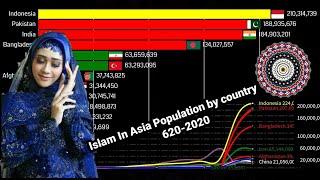

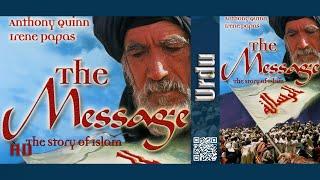

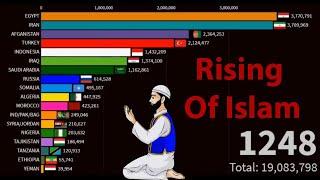

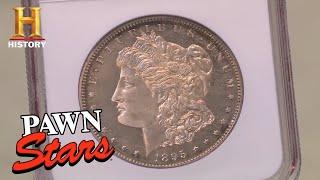
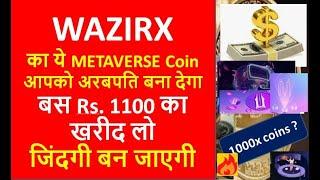





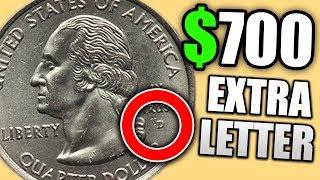





Comments